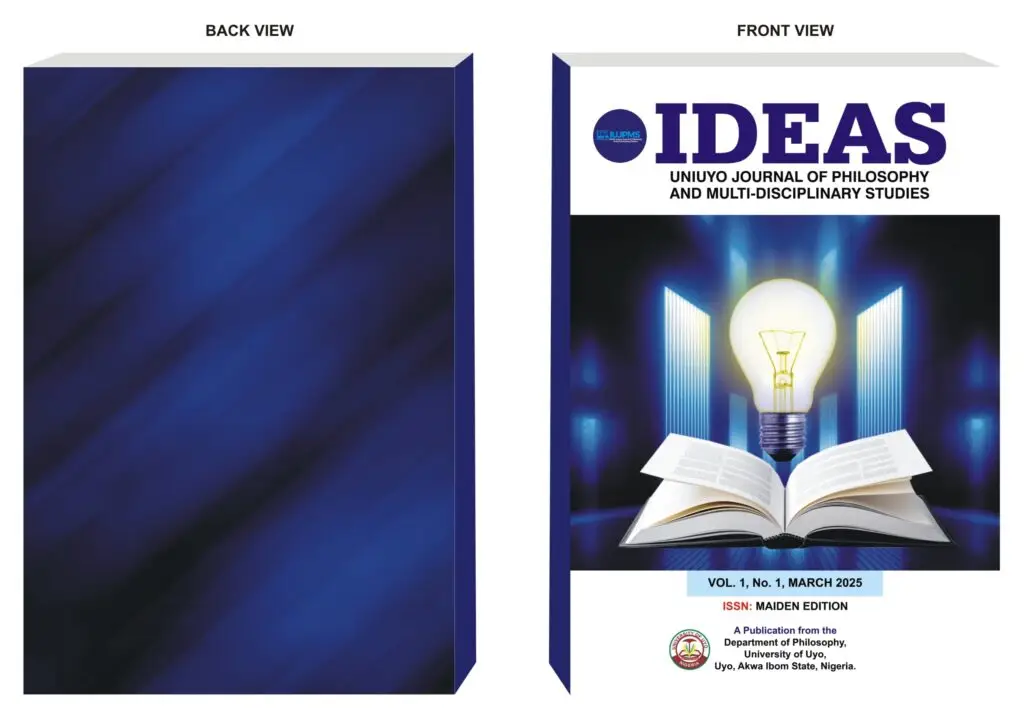This study is a critical appraisal of Leibniz’s theodicy which centers on the perennial problem of evil in Philosophy. It investigated the justification of God by Leibniz in the face of human suffering as human suffering is a universal phenomenon and obviously an aspect of the perennial problem of evil. The problem of evil consists in the attempt to reconcile the existence of a good and powerful God with the presence of evil in the world. This study explored the question of whether God’s goodness and power can be justified when one considers the amount of suffering evident in the world. It equally challenged the best possible world claim of Leibniz. The aim of this study was to examine Leibniz’s response to the problem of human suffering through his theory of the best possible world. This study sought a possible justification for the presence of suffering in the world. it considered the various approaches to the problem of human suffering and the dimensions of human suffering. This study employed Criticism as its philosophical method of research. The major finding of the study is that Leibniz’s response to the problem of human suffering in the world is not entirely satisfactory since it presents God as either a sovereign who has limited love or limited power. The study concluded that Leibniz’s submission does not resolve the issue because man still finds it hard to make sense of the suffering in the world supposedly created by an all loving and all-powerful God. Hence, Leibniz would have made more sense theorizing that God was once all-powerful but not all all-loving and then eventually became all-loving and no longer all-powerful.
Written By
Emmanuel Iniobong Archibong, Ph.D
Department of Philosophy
University of Uyo, Uyo.
+2348032325087
emmaiarchibong@uniuyo.edu.ng
Titus Awukane Afatang
Department of Philosophy
University of Uyo, Uyo.
+2347065661515
afatangcssp@yahoo.com

